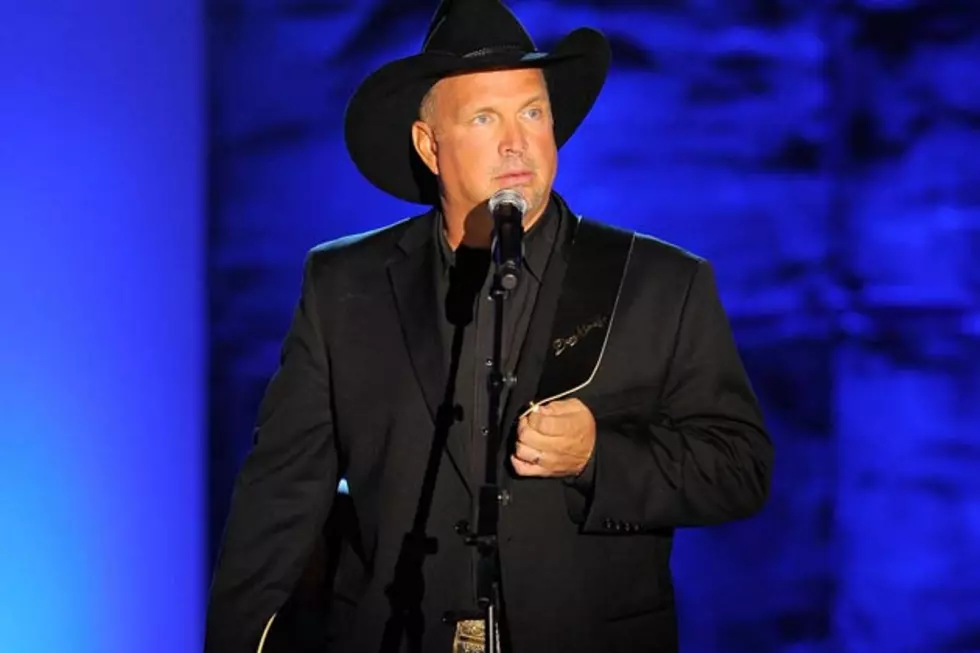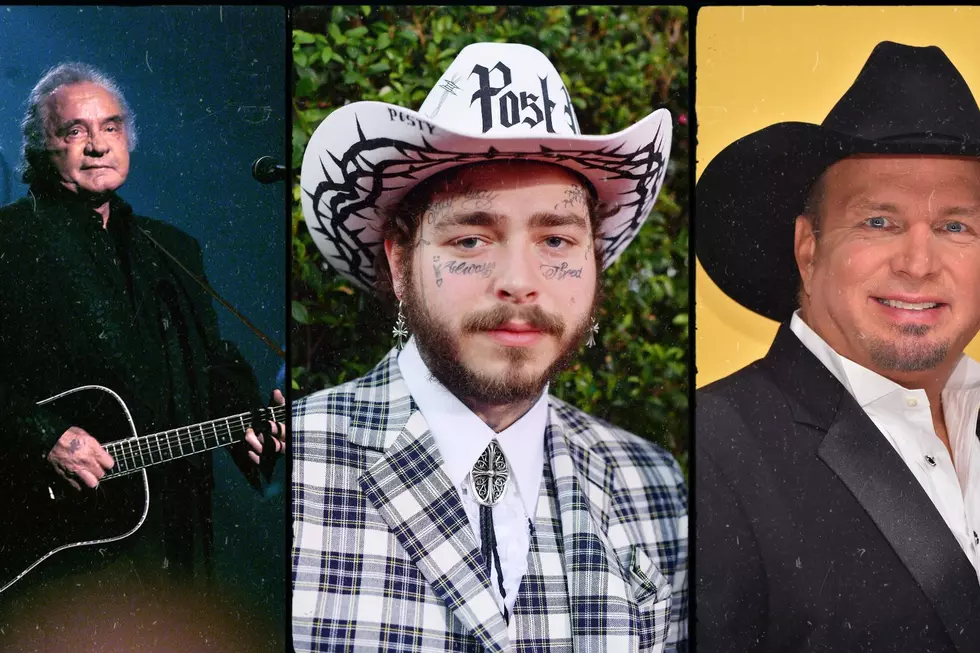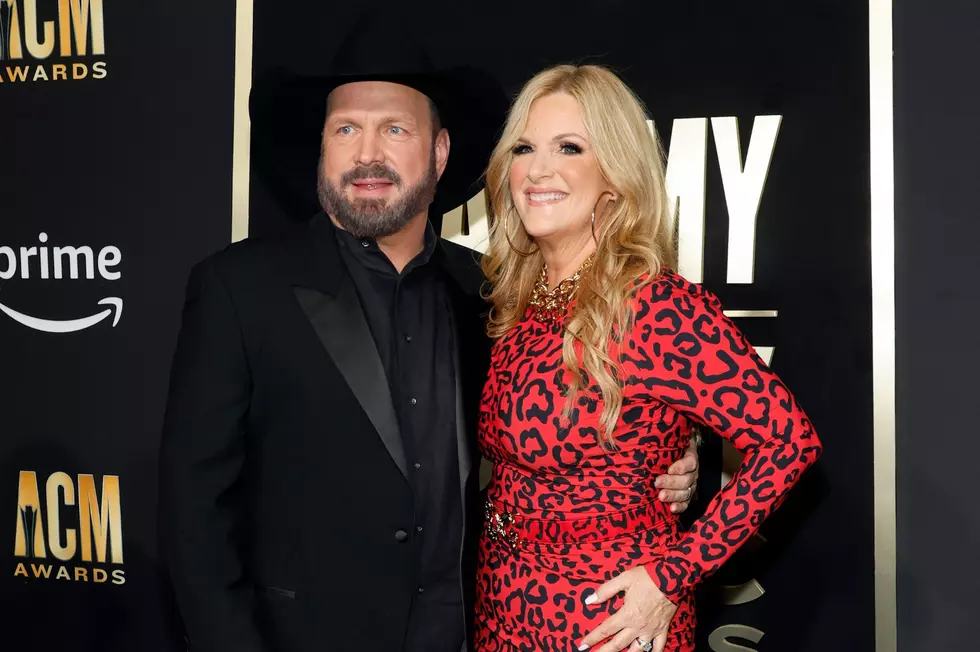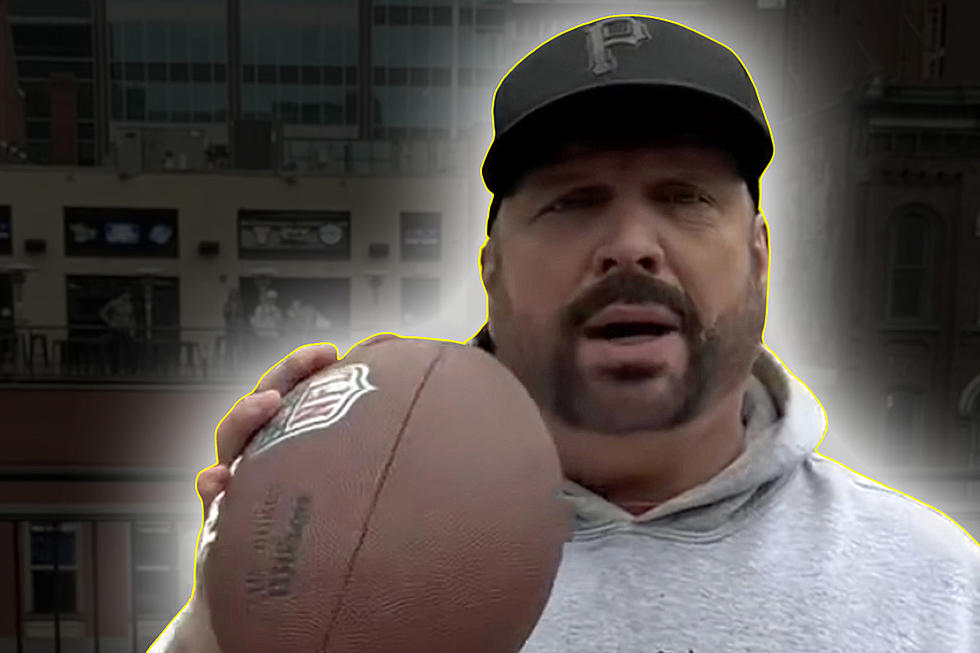
Garth Brooks Expected to Testify in Court Today
It's expected that Garth Brooks will testify in court today in regards to a hospital donation he made, according to Tulsa World.
Brooks donated $500,000 to a hospital in his Yukon, Okla. hometown, and the hospital is claiming that the country singer asked that the funds be returned, affter the hospital told him it would not be naming a wing after his late mother, Colleen Brooks, who died of cancer in 1999. Brooks and the hospital are currently embroiled in a lawsuit over the money, with Brooks fuming over the fact that the hospital didn't make good on its promise to honor his mother. He wants his funds returned, as he says he was misled.
Tulsa World also reports that Integris Canadian Valley Regional Hospital CEO and president James Moore discussed the Brooks donation and the return request in a March 2009 email.
In the email, which was brought into court on Thursday (Jan. 19), Moore wrote that the hospital "may not deny Garth access to the money,” but could “make him work to get it.”
Moore also testified that he never promised Brooks that he would exchange the name of a wing in favor of a half-million dollar donation. He claimed the gift was anonymous and unrestricted, so Integris could allocate the funds wherever it saw fit and to whatever initiative it pleased.
Here's where things get interesting. Moore also said that Brooks was toying with the idea of handing over $15 million if the hospital would rename itself after Colleen Brooks. There is an internal hospital document that quotes Brooks, saying he would offer that gift for naming rights and that was "exactly" what he had in mind. Brooks really loved his mother if he was willing to spend $15 million to honor her.
It seems like there is some contradiction. Moore says that it was an unconditional gift, but he also says Brooks offered a lot more cash for naming rights. So Brooks did seem to make his intentions known.
However, the defense attorney also shared a September 2008 email with jurors. It was from Brooks to Moore, where Brooks wrote: "I’m not sure what our understanding is," but "we have to come to some agreement." Clearly, there was confusion between the donor and donatee in this case.
We'll keep you posted as to how it plays out in the courts.
More From Taste of Country







![The Jonas Brothers Sing a Garth Brooks Classic at RodeoHouston [Watch]](http://townsquare.media/site/204/files/2024/03/attachment-GarthBrooksJonasBrothers.jpg?w=980&q=75)

